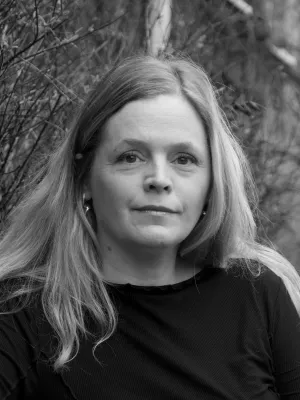
Sara Eldén
Associate Professor | Director of Research Studies | Senior Lecturer

Relationality, (in)dependence, and care in “the most individualised country in the world” : Rethinking family relationships in Sweden
Author
Summary, in English
Department/s
- Sociology
- Department of Sociology
Publishing year
2023-08-18
Language
English
Document type
Conference paper: abstract
Topic
- Sociology
Conference name
Relationality in everyday personal life
Conference date
2023-08-17 - 2023-08-18
Conference place
Lund, Sweden
Status
Published
Project
- Intergenerational care in Sweden. A study of relationships, commitments, and practices of care in everyday family life.

